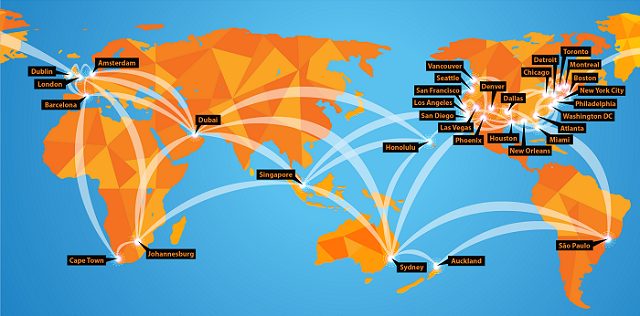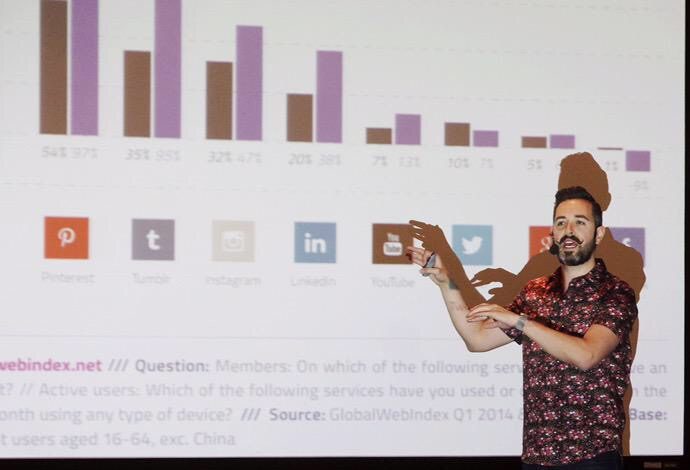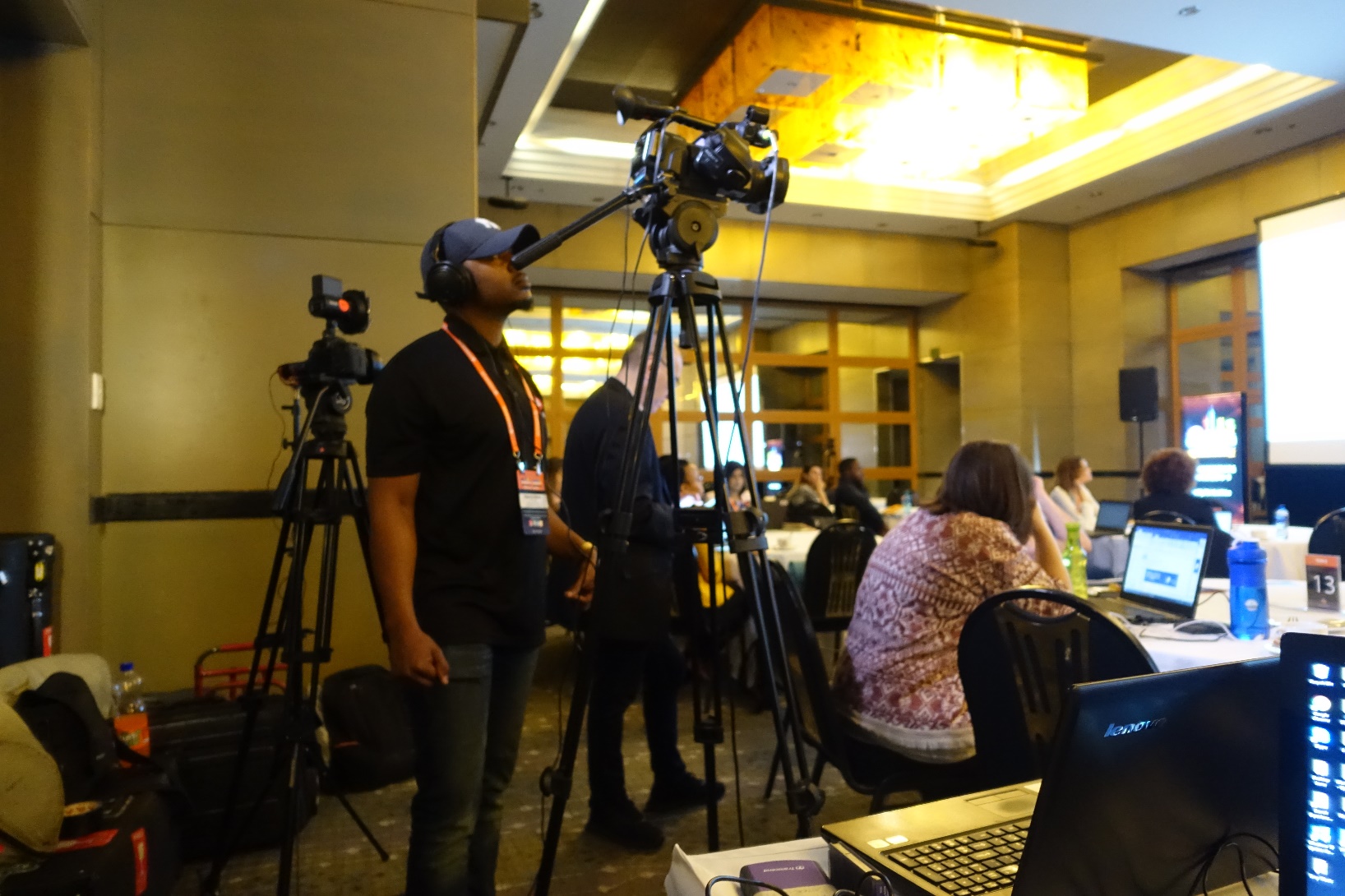Internet Slang: 81 Terms To Know About
By [email protected] (Flori Needle)
Internet slang spreads like wildfire and sometimes seems to come out of nowhere. Some are short-lived, some are used in niche communities, but some go so far as to be included in dictionaries.
Whether you spend time online as a casual user or a marketer enacting a social media strategy, you want to know what different slang and abbreviations mean.
In this post, we’ll discuss how internet slang originates and spreads, define 81 slang words you might come across, and outline what it takes for slang to be added to our dictionaries.
Table of Contents
- Is the internet to Blame?
- How Slang Spreads on the Internet
- Internet Slang Around the World
- Internet Slang Words
- How New Words Make It Into the Dictionary
Is the Internet to Blame?
As we spend less time listening to the radio or watching TV and more time online, the latter has the most influence on our day-to-day dialogue.
The fast pace of the internet also means we adopt words much faster than ever before. “Language itself changes slowly, but the internet has sped up the process of those changes so you notice them more quickly,” David Crystal, honorary professor of linguistics at the University of Bangor, told BBC News. You can imagine how much longer it took new words to spread through word-of-mouth than it does today with the internet.
How Slang Spreads on the Internet
Linguistics and anthropologists have studied how slang spreads for decades, but it was only possible to measure with precision once public social media networks emerged.
Platforms help linguists accurately and easily search and record language exchanges. For example, Jacob Eisenstein and his colleagues at the Georgia Institute of Technology examined 30 million tweets from the U.S. to pinpoint the origin of popular slang words and their spread. The image below is the resulting map that shows how terms migrated and their direction of influence.
Slang now moves around within weeks and months instead of years, says Julia Coleman, author of The Life of Slang. “It’s not necessarily that language is changing more quickly, but technologies have developed and they allow the transmission of slang terms to pass from one group to another much more quickly.”
Internet Slang Around the World
The internet impacts the development of language all across the world.
In Ukraine, Svitlana Pyrkalo says the force-quit process of pressing control+alt+delete is known as Дуля (dulya). A dulya is a Ukranian gesture using two fingers and a thumb, used in the same situations in which we‘d give “the finger.” “And you need three fingers to press the buttons,” says Pyrkalo. “So it’s like telling somebody, a computer in this case, to get lost.”
Other countries have their own versions of “LOL.” In France, “mdr” stands for “mort de rire,” meaning dying of laughter. The Swedish write “asg” as an abbreviation of …read more
Source:: HubSpot Blog


























